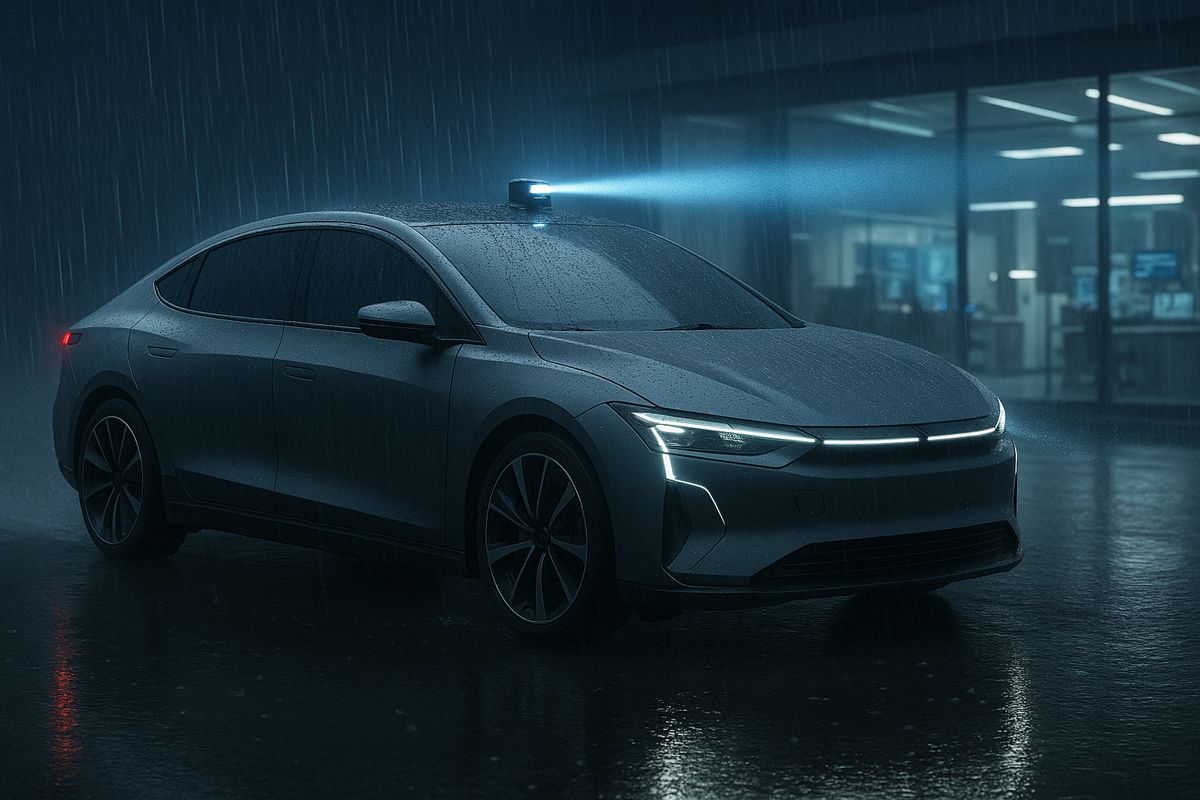Driverless vehicles – Snake Oil or Salvation?
Hailed as the solution to traffic congestion and pollution and offering freedom for those with restricted mobility, autonomous vehicles have the potential to make our towns and cities models of clean air and seamless movement. But are the millions of pounds, dollars and euros being poured into driverless technology a flawed and dangerous vanity?
“This House believes that driverless vehicles are the biggest opportunity for a step change in mobility and therefore it is right that resources and investment are channelled towards them” is the theme of a debate to be held at the annual summit of ITS (UK), a not-for-profit association for the promotion of Intelligent Transport Systems, in November in Bristol.
The debate will be chaired by Andy Graham, ITS (UK) lead on connected and autonomous vehicles. A range of speakers will take part, including Giles Perkins, Future Mobility Technical Director at WSP supporting the motion; and the veteran transport journalist and author of new book Driverless Cars: On the Road to Nowhere, Christian Wolmar, in fervent opposition.
Giles Perkins says: “Automated and autonomous vehicles provide us with a real opportunity to re-invent our long established relationship with motorised transport. They could help us redefine places, improve mobility and enable equitable access for all. As part of a balanced mobility eco-system, re-focused on people and their needs, self-driving vehicles could help us to build better communities.”
In contrast, Christian Wolmar says: “Promoters want to portray the technology as a way of enhancing freedom and personal mobility in an autonomous vehicle that would be permanently available. But the logical outcome of that would be that there would be many more vehicles on the road exacerbating the problems of congestion, pollution and parking.”
He cites the obstacles to car sharing, such as the need to carry child seats, golf clubs or to simply make a personal statement, and warns against the real risk of hackers accessing control over braking and steering systems.
RAC Foundation Director, Steve Gooding will address the individual consumer angle of vehicle ownership vs shared, such as keeping golf clubs in the car or using it to carry muddy dogs …
The Society, which is the voice of transport technology in the UK, is committed to go beyond what the technology does to examine the barriers to implementation. Leading figures at a range of UK transport authorities, including the Department for Transport, Transport for London, Highways England, Transport Scotland, Traffic Wales and Northern Ireland’s Department for Infrastructure will discuss how technology projects get prioritised and funded.
The Director of Michigan’s Department of Transportation and CEO of the American Center of Mobility, Kirk Steudle, will be the keynote speaker discussing how he used technology to improve transport in his state, how he funded it, gained support and some of the pitfalls.
ITS (UK) Secretary General Jennie Martin says, “We see great solutions week in week out that don’t actually reach implementation, not because they are not excellent but because funding or understanding do not exist. This Summit will be looking at how we can change this.”
The ITS (UK) Summit is preceded by the Annual ITS (UK) President’s Dinner, hosted by former Transport Minister Steven Norris, which includes the ITS (UK) Awards. This event takes place on the evening of Monday 26th November also at the Bristol Harbour Hotel.





























